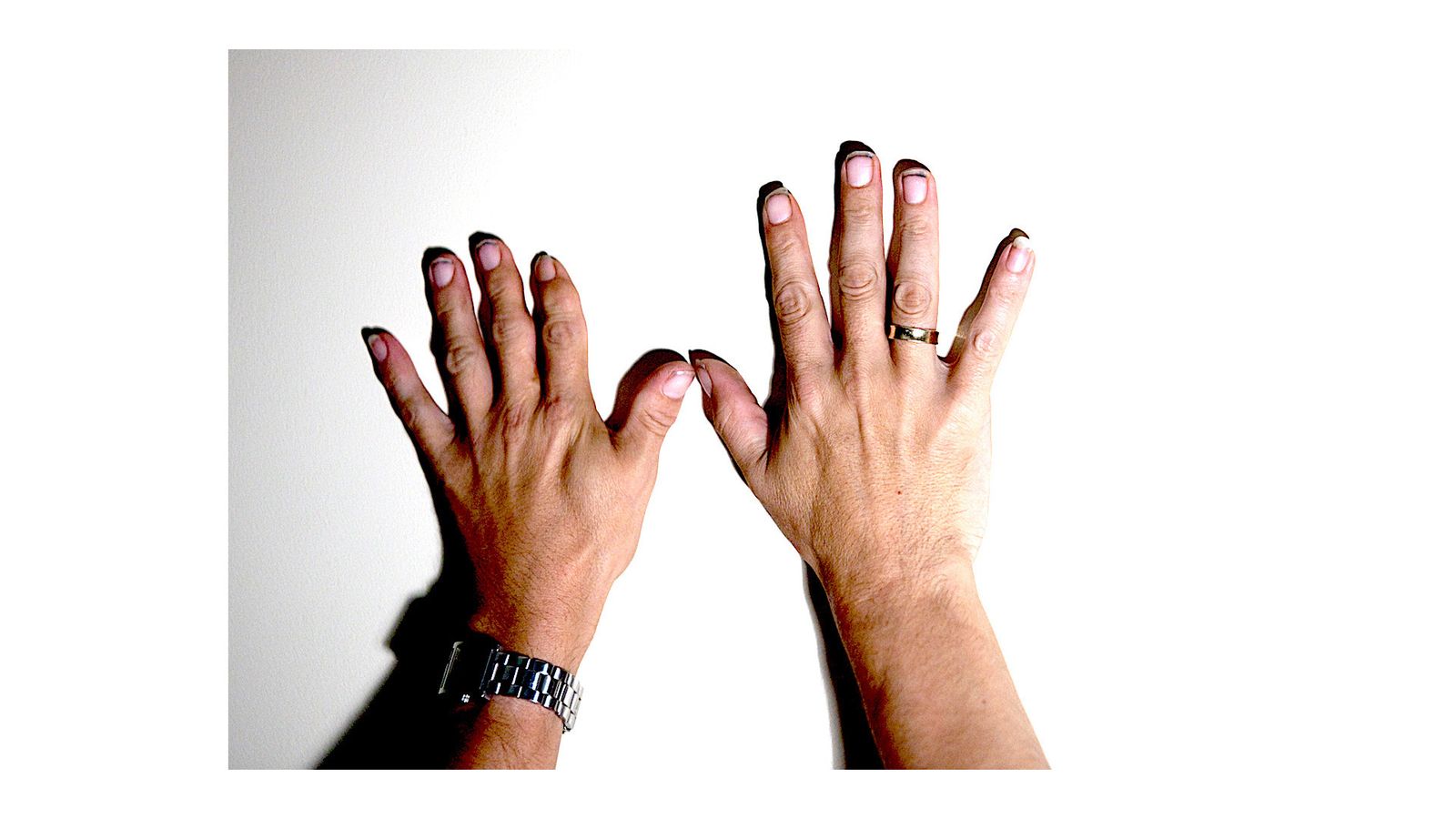
Who was Uday Hussein? Uday Hussein, the eldest son of Saddam Hussein, remains a figure shrouded in mystery and controversy. Known for his brutal and extravagant lifestyle, he held significant power in Iraq during his father's regime. Why is Uday Hussein infamous? His reputation for violence, including alleged torture and murder, made him one of the most feared men in Iraq. What roles did he play? Uday controlled Iraq's media and sports sectors, using his influence to further his interests. Why should you care? Understanding Uday's life offers insight into the complexities of Iraq's history and the impact of dictatorship on a nation.
Key Takeaways:
- Uday Hussein, the eldest son of Saddam Hussein, led a life of privilege and controversy, controlling sports, media, and paramilitary forces, leaving a lasting impact on Iraqi society.
- Uday's brutal and extravagant life, marked by violence, luxury, and psychological issues, ended with his death in 2003, but his legacy continues to influence Iraqi sports and media censorship.
Early Life and Background
Uday Hussein, the eldest son of Saddam Hussein, lived a life marked by privilege and controversy. His early years set the stage for his notorious reputation.
- Born on June 18, 1964, in Baghdad, Iraq, Uday was the first child of Saddam Hussein and Sajida Talfah.
- He attended the prestigious Al-Karkh High School in Baghdad, known for educating the children of Iraq's elite.
- Uday studied at the University of Baghdad, where he earned a degree in engineering.
- He later pursued a master's degree in political science, reflecting his interest in following his father's footsteps in governance.
Rise to Power
Uday's ascent to power was swift, aided by his father's influence and his own ruthless ambition.
- At just 22, Uday became the head of the Iraqi Olympic Committee, a position he used to exert control over athletes.
- He also took charge of the Iraqi Football Association, where he was infamous for punishing players who underperformed.
- Uday controlled several media outlets, including the newspaper Babel, which he used to propagate his views.
- He founded the Fedayeen Saddam, a paramilitary organization loyal to his father.
Notorious Acts
Uday's life was riddled with acts of violence and cruelty, earning him a fearsome reputation.
- He was known for his violent temper, often resorting to physical punishment against those who displeased him.
- Uday allegedly tortured athletes who failed to meet his expectations, using methods like beatings and imprisonment.
- He was implicated in the murder of his father's personal valet, Kamel Hana Gegeo, in 1988.
- Uday survived an assassination attempt in 1996, which left him with permanent injuries.
Personal Life
Despite his public persona, Uday's personal life was equally turbulent and controversial.
- Uday had a penchant for luxury, owning a collection of expensive cars, including Ferraris and Porsches.
- He was known for his extravagant parties, often involving alcohol and drugs, despite Iraq's strict laws.
- Uday never married, though he had numerous relationships and was rumored to have fathered several children.
- His lavish lifestyle included owning several palaces, each more opulent than the last.
Downfall and Death
Uday's reign of terror came to an end with the fall of Baghdad in 2003.
- During the 2003 invasion of Iraq, Uday went into hiding to avoid capture by coalition forces.
- On July 22, 2003, Uday and his brother Qusay were killed in a firefight with U.S. troops in Mosul.
- Their deaths were confirmed through dental records and DNA testing.
- Uday's body was buried in Tikrit, alongside his brother and father.
Legacy
Uday Hussein's legacy is one of infamy, marked by his brutal actions and the fear he instilled in those around him.
- Uday's life has been the subject of numerous books, documentaries, and films, including the 2011 movie "The Devil's Double."
- His actions have left a lasting impact on Iraqi sports, with many athletes still bearing the scars of his reign.
- Uday's control over the media has been studied as an example of propaganda and censorship in authoritarian regimes.
- His paramilitary group, the Fedayeen Saddam, continued to operate even after his death, contributing to the insurgency in Iraq.
Interesting Tidbits
Beyond the well-known facts, there are some lesser-known aspects of Uday's life that paint a fuller picture of this complex figure.
- Uday was a fan of Western pop culture, particularly Michael Jackson and Elvis Presley.
- He owned a private zoo, which included lions, cheetahs, and other exotic animals.
- Uday was an avid collector of rare and antique weapons, amassing a significant arsenal.
- He reportedly had a fascination with body doubles, using them to avoid assassination attempts.
Controversial Relationships
Uday's relationships with those around him were often fraught with tension and controversy.
- He had a strained relationship with his father, Saddam, who at times considered him too unstable to be his successor.
- Uday's rivalry with his younger brother Qusay was well-documented, with both vying for their father's favor.
- He was known to have a contentious relationship with his mother, Sajida, who disapproved of his violent behavior.
- Uday's friendships were often based on fear and loyalty, with many associates later turning against him.
Psychological Profile
Understanding Uday's psychological makeup provides insight into his actions and behavior.
- Uday was diagnosed with psychopathy, characterized by a lack of empathy and remorse.
- He exhibited narcissistic traits, often demanding admiration and attention from those around him.
- Uday's violent tendencies were linked to a need for control and dominance over others.
- His substance abuse issues, including alcohol and drugs, exacerbated his erratic behavior.
Impact on Iraqi Society
Uday's actions had far-reaching consequences for Iraqi society, affecting various aspects of life in the country.
- His control over sports led to a culture of fear among athletes, stifling their performance and morale.
- Uday's media censorship limited freedom of expression, with journalists facing severe repercussions for dissent.
- His paramilitary group contributed to the instability and violence in Iraq, both during and after his lifetime.
- Uday's lavish lifestyle and corruption drained resources from the Iraqi economy, exacerbating poverty and inequality.
Posthumous Revelations
After Uday's death, several revelations came to light, shedding new perspectives on his life and actions.
- Documents found in his palaces revealed the extent of his wealth and the opulence of his lifestyle.
- Testimonies from former associates and victims provided detailed accounts of his brutality.
- Investigations uncovered his involvement in various illegal activities, including smuggling and black market dealings.
- Uday's death led to the dismantling of many of his organizations, though their influence persisted in some areas.
Cultural Depictions
Uday's life has been depicted in various forms of media, reflecting his complex and controversial legacy.
- The 2011 film "The Devil's Double" dramatizes the life of Uday and his body double, Latif Yahia, highlighting his excesses and brutality.
Final Glimpse at Uday Hussein
Uday Hussein's life was a whirlwind of power, controversy, and excess. Known for his ruthless behavior and lavish lifestyle, he left a mark on Iraq's history that's hard to ignore. From his role in the Iraqi Olympic Committee to his infamous parties, Uday's actions often overshadowed his father's regime. His violent tendencies and extravagant spending painted a picture of a man who lived without limits. Despite his privileged position, Uday's life ended in a dramatic confrontation with U.S. forces in 2003. His story serves as a stark reminder of how absolute power can corrupt absolutely. Understanding Uday Hussein's life offers a glimpse into the complexities of Iraq's past and the impact of unchecked authority.
Frequently Asked Questions
Was this page helpful?
Our commitment to delivering trustworthy and engaging content is at the heart of what we do. Each fact on our site is contributed by real users like you, bringing a wealth of diverse insights and information. To ensure the highest standards of accuracy and reliability, our dedicated editors meticulously review each submission. This process guarantees that the facts we share are not only fascinating but also credible. Trust in our commitment to quality and authenticity as you explore and learn with us.


